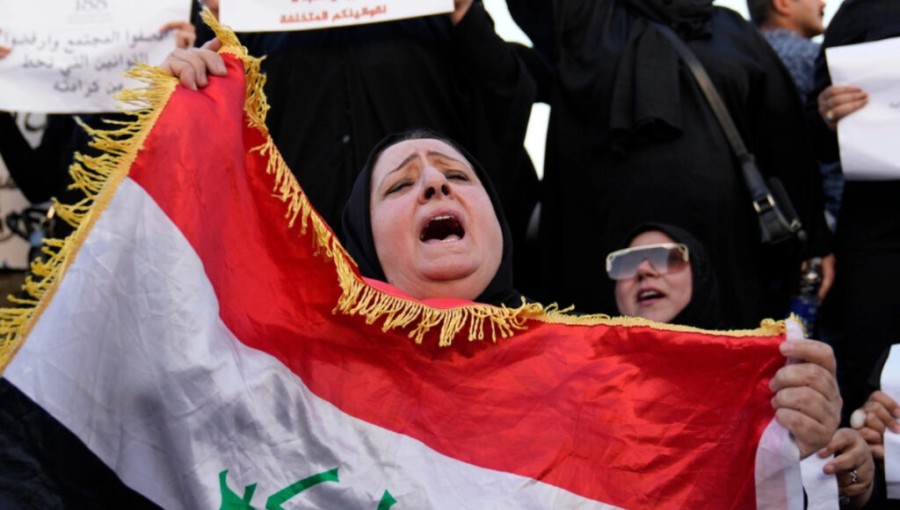Baghdad, August 9 — The Iraqi parliament has ignited a wave of controversy and international criticism by passing a bill that seeks to lower the legal age of marriage for girls to just 9 years. The proposed legislation, reported by MSN, has led to a significant debate within the country, with various human rights organizations and activists expressing strong opposition.
Currently, the minimum legal age for marriage in Iraq is 18 years for both boys and girls. However, the newly proposed bill aims to reduce the legal age of marriage to 9 years for girls and 15 years for boys, citing adherence to Islamic law as its justification.
The bill's passage has been met with widespread condemnation from human rights groups, who warn of the severe implications it could have on the lives of young girls. These organizations argue that lowering the marriage age would not only jeopardize the education and health of these children but also increase the risk of domestic violence and early pregnancies.
Amal Qabashi, a prominent figure from the Iraq Women's Network, has voiced strong opposition to the bill. She argues that the legislation creates significant potential for reinforcing male dominance within Iraq's conservative society, particularly in family matters. "This amendment paves the way for greater control over girls' lives by male relatives, limiting their freedom and future prospects," Qabashi stated.
Despite the backlash, supporters of the bill maintain that it is intended to standardize Islamic law in Iraq and protect young girls from what they describe as "immoral relationships." They argue that by lowering the marriage age, the law would offer religiously sanctioned protection for young girls.
The proposal has not only sparked intense debate within Iraq but has also drawn attention and concern from the international community. Many observers are questioning the balance between upholding religious traditions and protecting human rights, particularly the rights of children.
As the bill moves forward, it remains to be seen how the Iraqi government will respond to the growing outcry both at home and abroad, and what impact this legislation will have on the future of Iraq's young girls.






























Comment: